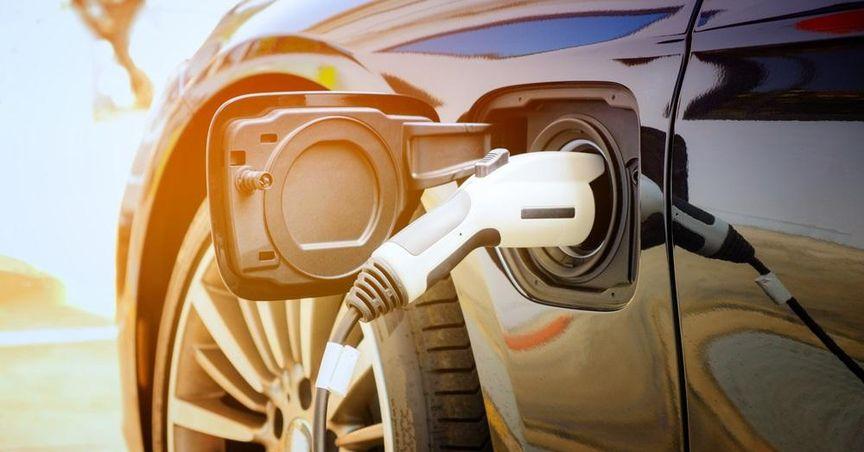European automobile manufacturers have called on the EU to urgently implement relief measures following recent data indicating that fully electric vehicles (EVs) represented only 12.5% of new car registrations during the first seven months of 2024. The European Automobile Manufacturers’ Association (ACEA) has requested that the EU expedite reviews of existing regulations originally scheduled for 2026 and 2027 to address the ongoing decline in the market share of battery electric cars.
Recent figures reveal a concerning trend: new car registrations in August decreased by 18.3%, with the battery electric vehicle (BEV) market share falling by nearly one-third. In August, BEVs comprised just 14.4% of the EU car market, a significant drop from 21% in the same month the previous year. This marks the fourth consecutive month of decline in BEV market share this year, reversing the consistent month-on-month increases observed in the previous year.
Plug-in hybrid vehicles also saw a notable decrease, with registrations falling by 22.3%. The combined market share of petrol and diesel cars slightly decreased to 44.3%, down from 45.1%.
ACEA highlighted that despite substantial financial commitments from the auto industry to advance electrification, essential components for a successful transition are still lacking. The association pointed to several critical gaps, including inadequate charging and hydrogen refilling infrastructure, a non-competitive manufacturing environment, high costs of green energy, insufficient purchase and tax incentives, and challenges related to securing raw materials, hydrogen, and batteries.
The ACEA emphasized that the current market conditions signal an urgent need for systemic changes to support the adoption and production of zero-emission vehicles. The rapid erosion of the EU’s competitiveness in the automotive sector further underscores the need for a strategic overhaul to address these barriers.
By accelerating regulatory reviews and addressing the missing infrastructure and support elements, the EU can help foster a more favorable environment for the growth of electric and hybrid vehicles. This approach is crucial for reversing the current downward trend and ensuring the EU remains competitive in the global automotive industry.



